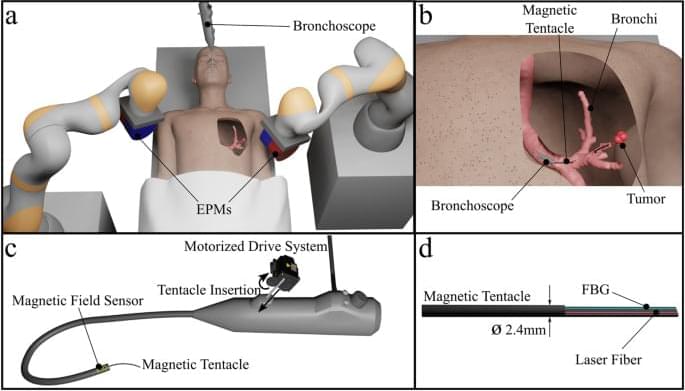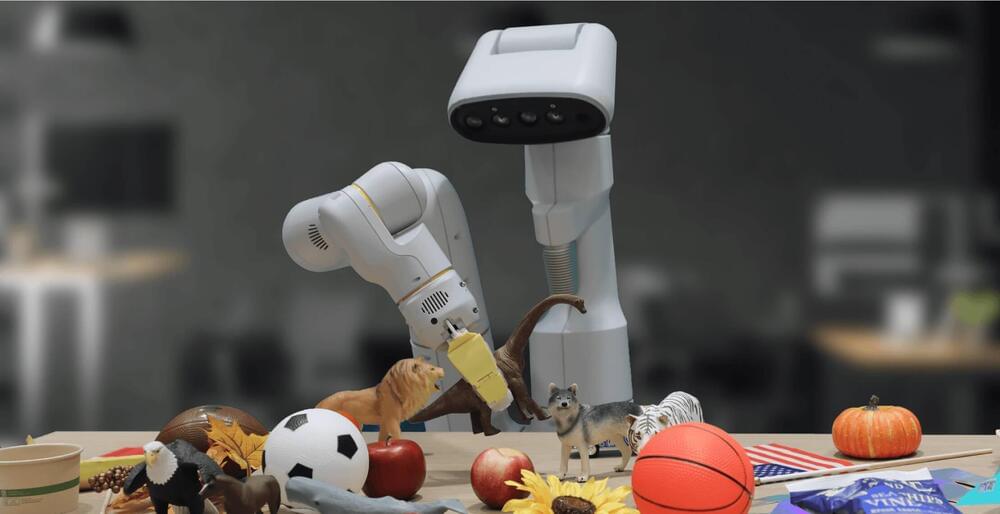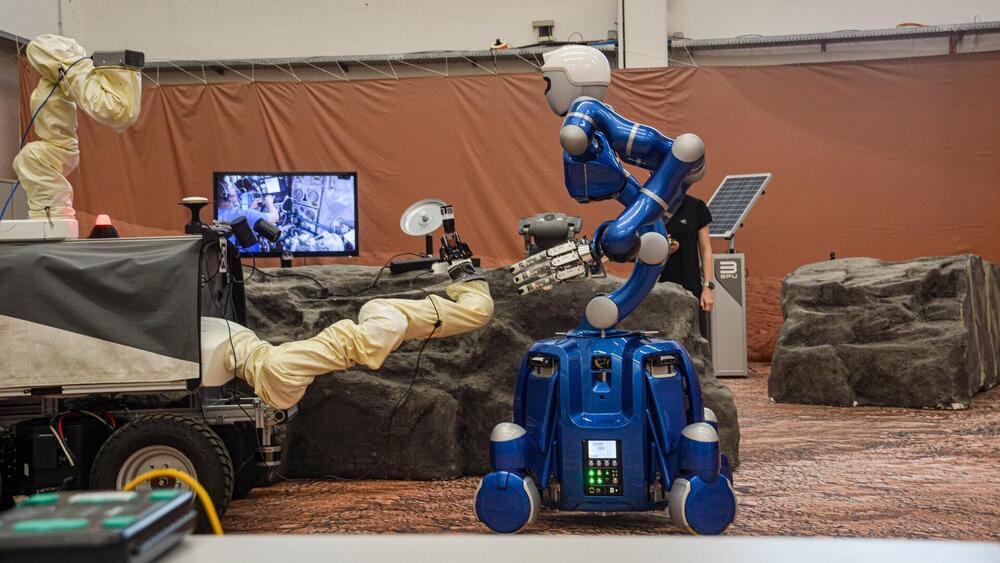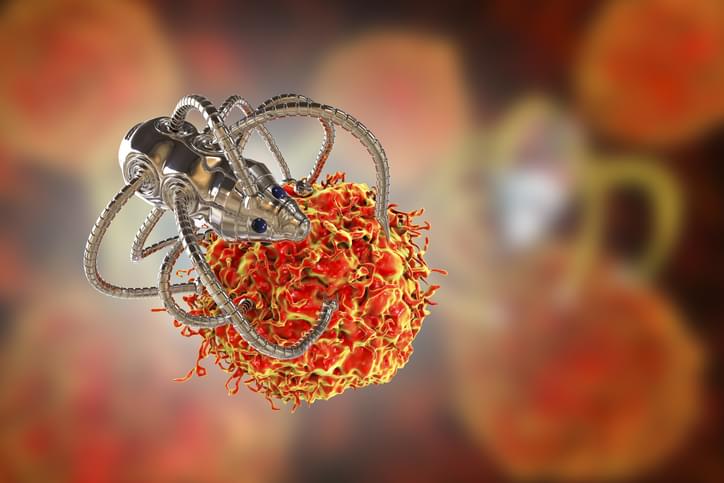A new solar-powered high-altitude drone has successfully navigated a stratospheric test, opening the door to a new set of possibilities for unmanned vehicles, not least in modern warfare.
The PHASA-35 solar and battery-powered unmanned aerial system reached an altitude of 66,000 feet during a 24-hour test flight launched from New Mexico in June, British defense giant BAE Systems said in mid-July.
The stratospheric test, which comes after the system’s maiden flight back in 2020, “marks a significant milestone” in the development program started in 2018, BAE said in a press release.







